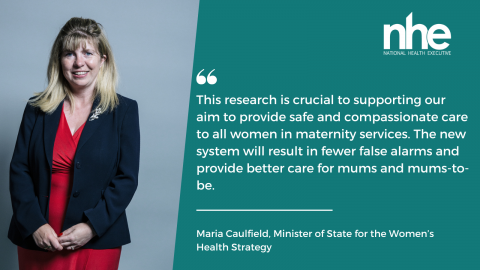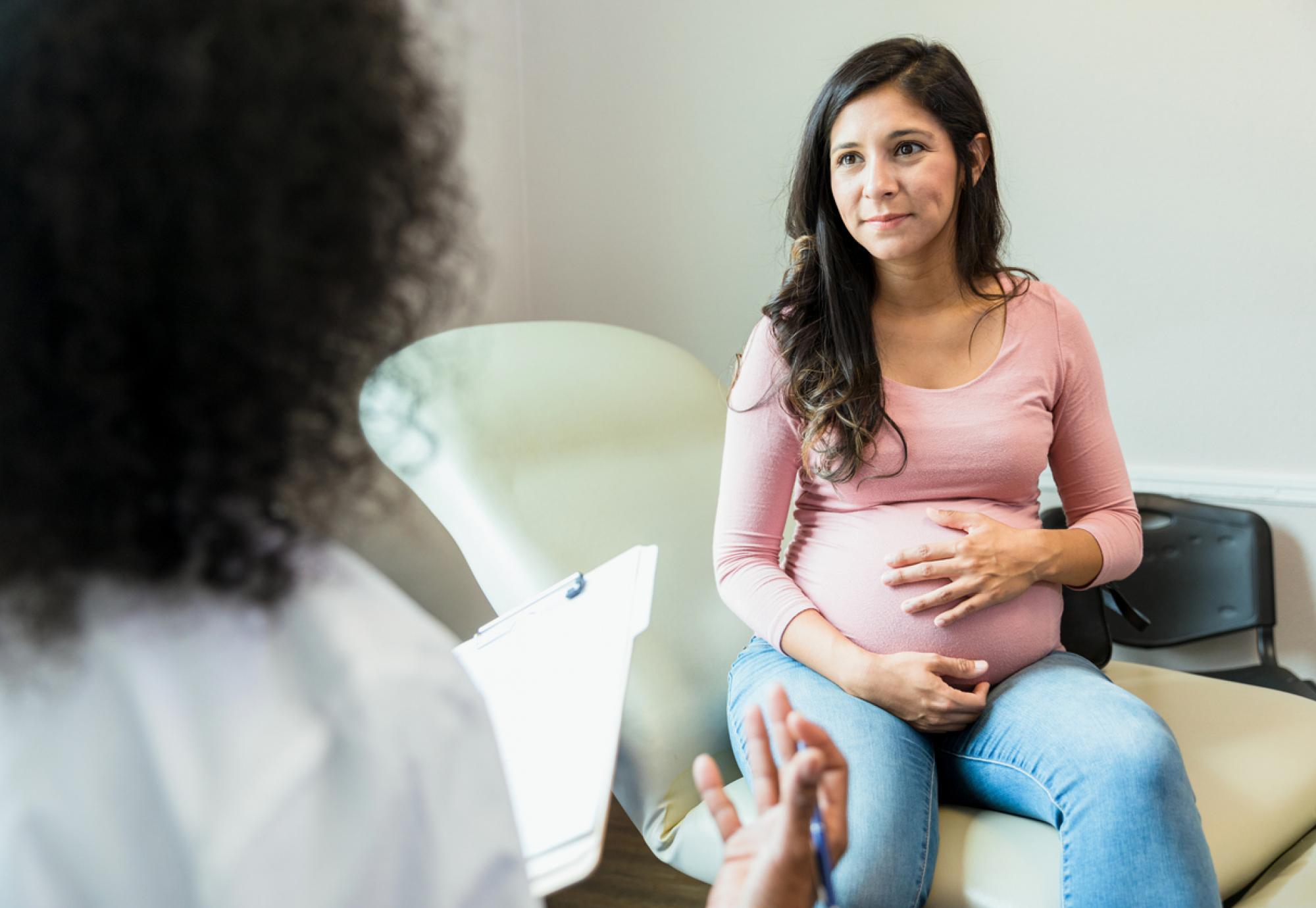A new standardised tool that can help identify and respond to deteriorations in pregnant women is set to be fully rolled out across the NHS in England by spring 2026.
Maternity early warning scores (MEWS) are already widely used in UK hospitals but implementation varies.
A study led by the National Institute for Health and Care Research (NIHR) Oxford Biomedical Research Centre (BRC) aimed to create a standardised MEWS that would be suitable for a nationwide roll-out.
The research collected data from over 2,700 pregnant women on:
- Blood pressure
- Heart rate
- Respiratory rate
- Temperature
- Oxygen levels
The research team used statistical modelling to determine the appropriate thresholds for each vital sign, which were then used to assign numerical scores – i.e., the higher the score, the more concerning the vital sign measurement.
The clinical response to these concerning measurements was decided by a team of 30 experts, including doctors and midwives.
Experts were allowed to consider their opinions on the right course of action with the help of the anonymised opinion of others.

The NIHR says the resulting MEWS is more accurate and will generate fewer false alerts than current practice. The paper version of the tool has already been launched across 16 units in England, while a digital version is still in the works and almost complete.
The ultimate goal is for every organisation across England to have implemented the new MEWS by March 2026.
“This research shows the huge value of NIHR-funded infrastructure such as the Biomedical Research Centres,” said the NIHR’s scientific director for research infrastructure, Professor Marian Knight.
She added: “Conducting the early phases of this work to determine the normal ranges of measurements for pregnant women within the Oxford BRC has then allowed us to work with colleagues in NHS England to develop a system to give us better warning of when pregnant women are becoming sick and roll it out across the NHS.”
NIHR Oxford BRC’s director, Professor Helen McShane, further explained: “It is wonderful to see that our BRC’s support for the 4P study has resulted in a system that will deliver more consistent and targeted help during and just after pregnancy.
“This is the essence of what we do – taking scientific advances and translating it into improvements for NHS patients. I look forward to seeing this MEWS rolled out across the NHS in England.”
Image credit: iStock



















